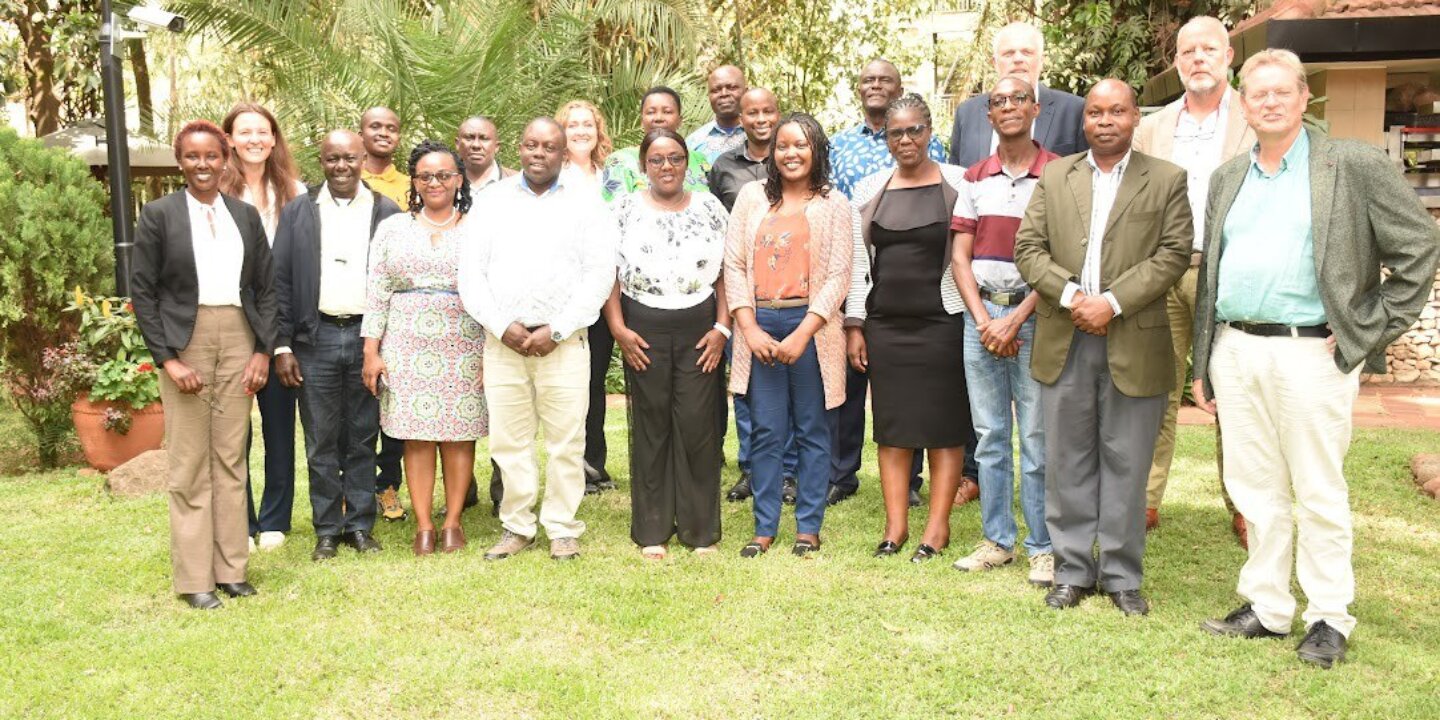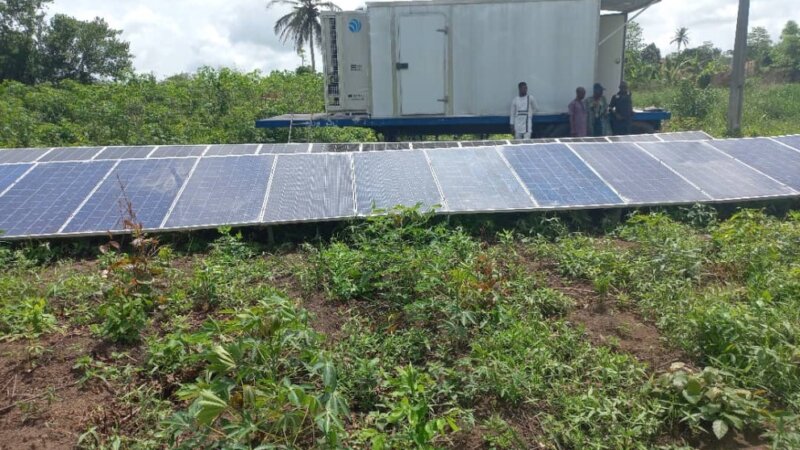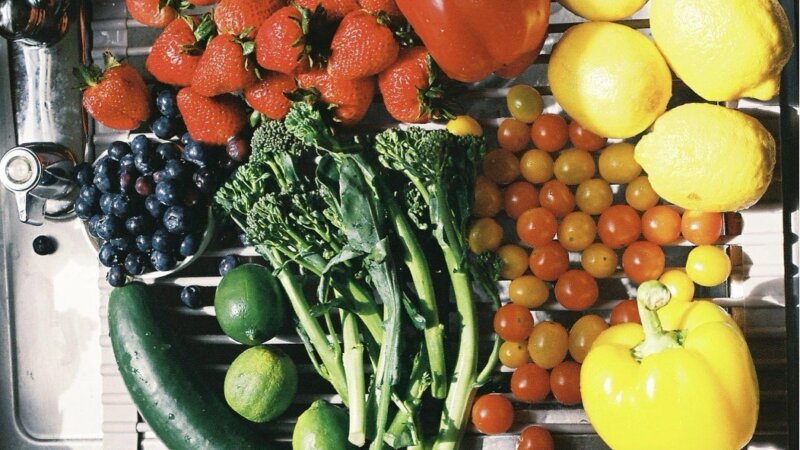Updates from the FORQLAB inception phase

FORRQLAB stakeholder meeting, Fairview hotel Nairobi, 7 Oct 2022
From 29th September to 8th October 2022, a FORQLAB mission of researchers and students visited 7 Dairy and Avocado farmers cooperatives in Kenya to carryout inception meetings and set up the living labs. The visit ended with the national stakeholder meeting in Nairobi on 7th October 2022. Read below the summary of the findings and the proposed follow-up.
In each meeting, FORQLAB was introduced, the objectives discussed and the living lab concept explained to all stakeholders present. The Living Lab concept was embraced and cooperatives and their stakeholders made commitments to work together towards sharing information and data so as to solve challenges affecting their respective value chains. i
Summary of challenges faced and way forward:
Strengthen and develop governance and management Cooperative
Given the level of knowledge, size and scale of avocado growers, cooperatives have an important role not only to develop markets and distribution channels but also to develop and transfer knowledge to reduce the root causes of food loss and food waste. The role of cooperatives is also to fulfil a collection centre necessary to fulfil customer orders. The cooperatives are still in a formation/development stage. A clear mission and vision is lacking. Clear strategic goals are also lacking. Drawing up a development strategy with particular attention to strengthening the financial ratios and membership conditions seems to be a precondition for strengthening the position, role and added value and ultimately to improve processes in order to be able to reduce food waste and food loss. This of course taking into account the local situation and culture.
Develop data exchange and management dashboard at cooperative and chain level.
From the discussion with the stakeholders during the living lab sessions it became clear that little or no data is collected. Only the delivery quantities of individual farmers are recorded for the purpose of the financial process, the payment of avocados. To improve processes, it is preconditional to collect process data. Also, tools should be developed to analyze the data (-sets) and to apply and evaluate process improvements in order to achieve continuous process improvement. Obviously, this not only at farmer/cooperative level but also in the chain. Determine process and chain performance indicators and then convert these into a concrete overview to which the chain partners have joint access and ultimately develop improvement proposals together.
Strengthen the cooperation/ collaboration in the chain both vertically and horizontally.
The cooperative has got a unique and special responsibility in maintaining the relation and communication with its internal and external stakeholders. The proposed living lab concept was well received by the participants. It has been embraced as a method to bring complex problems to the attention and (jointly) develop and implement sustainable solutions. However, developing and maintaining the living lab concept requires (management) attention. A relevant question is therefore to develop a strategy to further develop, maintain and improve the living lab.
There is also the question and task of what strategies the cooperative can develop to develop mutual cooperation, knowledge exchange and communication between the members of the cooperative. To this end, proposals can be developed to do this through digital tools but also, for example, field trips, study groups, online tutorials etc etc. A strategy should also be developed to develop cooperation and communication vertically in the chain.
Development of knowledge
To reduce food loss and waste and to improve the quality of avocados in general, it is necessary to improve the knowledge of not only farmers but also cooperatives. The priorities are knowledge to prevent mechanical damage during harvesting, sorting, packing and transportation. In addition, knowledge to add value to avocados that do not meet market demand and/or specifications is lacking. While there are ideas around this, the knowledge (and important preconditions such as facilities, working capital, etc) is lacking. Advice to fill this knowledge gap needs to be developed.
Author

Esther Kapsoot
communication lead FORQLAB




